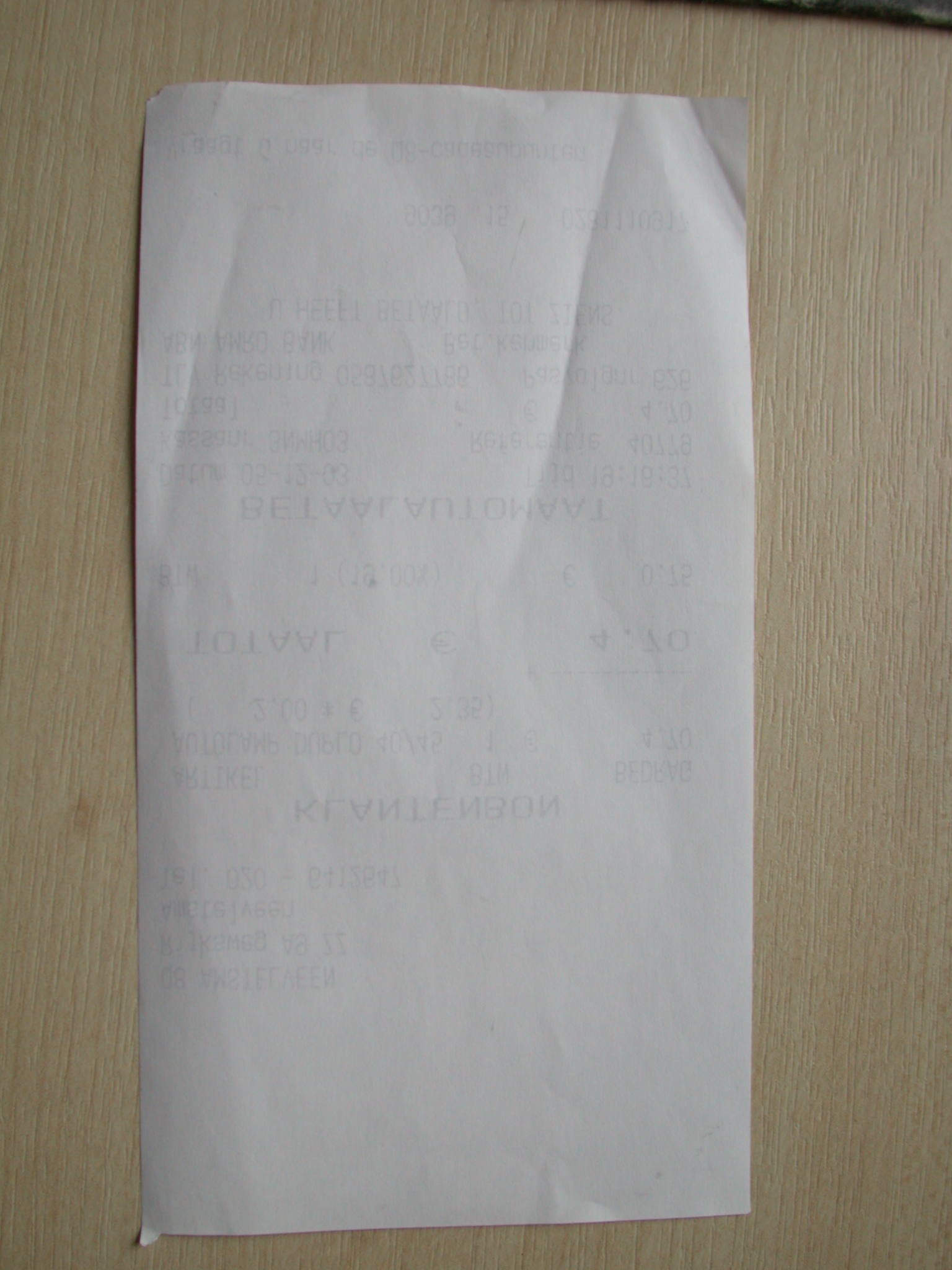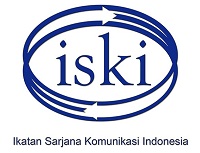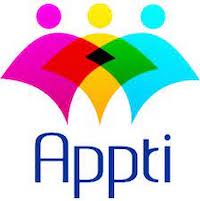Adela Johnathan
| Bio Statement |
History Paper 1 SL/HL: The Move To Global War History Paper 1 SL/HL: The Move To Global War
 For rapid reference, use the Page Contents field to the correct - Show the checklist and click on on the text type you wish to seek the advice of. NB - For easy comfort, the checklist beneath is predicated on the record of Paper 2 textual content types given in the new Language B Subject Guide (first examination 2013); it's organised by alphabetical order. The steerage is intended to amplify and make clear the overall descriptions of the marking Criteria, and to point how the criteria may be utilized in the precise duties involving each text sort. In follow, assessing the elemental command of the language system shouldn't be much affected by textual content type: incorrect grammar, as an example, is detectable whatever the textual content type. However, range & alternative of language could also be important. This Criterion ought to give attention to how effectively the particular wants of the duty are answered, in terms of the growing, structuring and controlling of ideas, according to the expected method of the text sort. For rapid reference, use the Page Contents field to the correct - Show the checklist and click on on the text type you wish to seek the advice of. NB - For easy comfort, the checklist beneath is predicated on the record of Paper 2 textual content types given in the new Language B Subject Guide (first examination 2013); it's organised by alphabetical order. The steerage is intended to amplify and make clear the overall descriptions of the marking Criteria, and to point how the criteria may be utilized in the precise duties involving each text sort. In follow, assessing the elemental command of the language system shouldn't be much affected by textual content type: incorrect grammar, as an example, is detectable whatever the textual content type. However, range & alternative of language could also be important. This Criterion ought to give attention to how effectively the particular wants of the duty are answered, in terms of the growing, structuring and controlling of ideas, according to the expected method of the text sort.
This Criterion refers back to the formal necessities of the textual content kind - by way of whether or not using conventions make the textual content sort recognisable, and are acceptable. Note - In revising this web page, most of the elements of the Language and Message Criteria have remained primarily the same. Criterion C Format, nonetheless, appears to have a extra restricted scope than the ‘old’ Criterion B Cultural Interaction. Criterion C Format solely refers to ‘conventions’ - does this then cowl register / rhetoric / cohesive gadgets, as particularly talked about in the outdated Criterion B ? The time period ‘article’ applies to a very big selection of types and approaches. NB A basic drawback of the ‘article’ as a process is that articles appear in lots of contexts, and these contexts might outline style and approach. Unless the query specifies publishing context very carefully, one ought to beware of leaping to conclusions - for instance, a ‘school magazine’ may be written in lots of alternative ways, from jokey / colloquial to formal / critical. Usually, accept any strategy which is credible and consistent. A distinction: each text varieties usually current personal expertise and comment, however a weblog is more of a public statement, whereas a diary is more of a non-public reflection. ‘loose’ forms, the scholar still has to deal with the specific task set. Does clear consideration to the duty clearly predominate over any informal digressions ? What ought to govern the effective organisation of those textual content varieties? Conventions : are there conventions for the relatively new weblog - or for the anarchically private diary ? The duty could define an emphasis on informing (e.g the well being leaflet) or on selling (e.g. the publicity brochure). The Essay is likely one of the commonest types that teachers mark - but is there really settlement on what is supposed by ‘a good essay’ ? Range of vocabulary - How a lot ‘formal academic’ vocabulary is used? And the way appropriately and/or appropriately is it used? However … good essays can (and maybe ought to) be written in clear, easy, unpretentious language, so lack of ‘sophisticated’ language shouldn't essentially be penalised (especially at SL). Language of logical linkage - Modals? … ‘X results in Y’ ? … modifiers (‘usually’, ‘rarely’, ‘in basic terms’ ?) … etc. Does using language enable a clear understanding of the logical connections of the argument? How successfully is the textual content directed at a clear subject or question? These ought to effectively embody the ‘sense of purpose’. There must be a way that different arguments are explored - if solely to refute a few of them. Actual stability between, say Pro & Con, will rely on the task specified. Conventions - There are many alternative conventions for a lot of several types of essay - that are anticipated, if any specifically, and how are the conventions to be recognised ? … to say nothing of how much might be expected from SL college students. Will the weather beneath be recognised as ‘conventions’ ? Register - Tricky, this, as a result of teachers seem to have differing expectations as to how formal / impersonal an essay should be - as an example, some encourage and some discourage the use of the pronoun ‘I’. Best to reward consistency, rather than penalise for expectations that will not be valid. |






















 This revision information goals to provide you with a transparent description of the course content for the IBDP History syllabus Paper 1, masking all of the required matters inside the prescribed topic: the Move to Global War. Success on History Paper 1 requires a combination of mastery of a variety of strategies in answering the source-based questions and a secure understanding of the two case studies that make up the prescribed topic. That can assist you get the perfect preparation to your examination, the information starts with advice on methods to approach each of the 4 forms of Paper 1 question. In addition, all through the guide there are plenty of practice query opportunities and technical ideas for answering Paper 1-style questions. It also options key phrases and explanations, and, at the end of every case examine, gives you with urged factors that might be made to secure full marks in answering these examination questions. This study and revision information is the fifth that I have produced for History Paper 1 over the past ten years. I have particularly loved writing these as supply evaluation is one thing I have all the time discovered hugely partaking. Joe read Modern History at Lincoln College, Oxford and has been instructing for 24 years. Joe has taught IB History for the final 16 years at Malvern College, Worcestershire, England where he oversees its academic life as Director of Studies.
This revision information goals to provide you with a transparent description of the course content for the IBDP History syllabus Paper 1, masking all of the required matters inside the prescribed topic: the Move to Global War. Success on History Paper 1 requires a combination of mastery of a variety of strategies in answering the source-based questions and a secure understanding of the two case studies that make up the prescribed topic. That can assist you get the perfect preparation to your examination, the information starts with advice on methods to approach each of the 4 forms of Paper 1 question. In addition, all through the guide there are plenty of practice query opportunities and technical ideas for answering Paper 1-style questions. It also options key phrases and explanations, and, at the end of every case examine, gives you with urged factors that might be made to secure full marks in answering these examination questions. This study and revision information is the fifth that I have produced for History Paper 1 over the past ten years. I have particularly loved writing these as supply evaluation is one thing I have all the time discovered hugely partaking. Joe read Modern History at Lincoln College, Oxford and has been instructing for 24 years. Joe has taught IB History for the final 16 years at Malvern College, Worcestershire, England where he oversees its academic life as Director of Studies.

